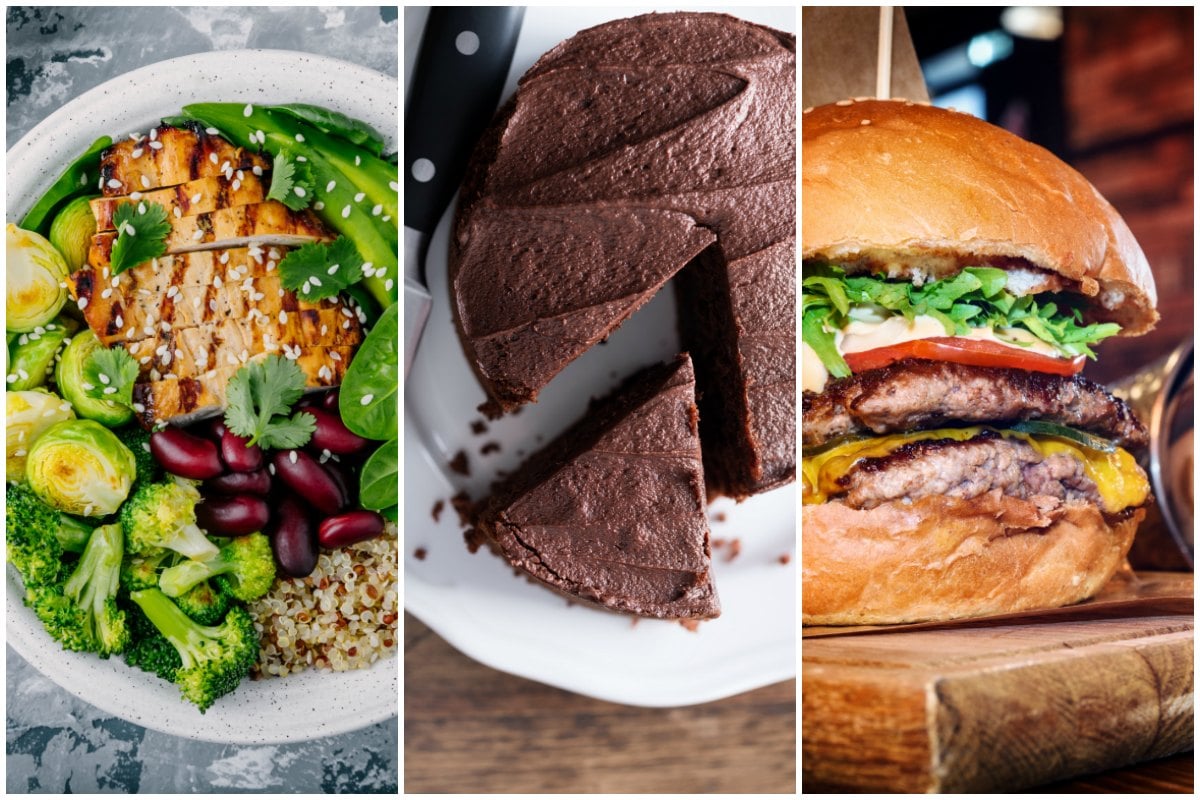
One of the side effects of a century and a half of diet culture is that we have a huge and restrictive set of principles when it comes to food. We eat based on calories, or forbid foods and hero foods with the aim of losing weight.
Some of the emotions attached to food and diet are normal, such as liking a particular food or enjoying a birthday cake with your family. Others are not so helpful, such as crippling guilt over eating a piece of bread or a bar of chocolate.
Most of us seem to have a basic level of understanding that what we eat is important to our health and wellbeing.
However, it’s not easy for a lot of people to understand the finer details of a healthy diet. An American study demonstrated that nearly half of the people surveyed thought it was easier to do their taxes than it was to eat healthily.
While we may think we know what is “healthy”, when we’re pressed for the details of nutritious food and a balanced diet, they may elude us.
There are are number of tools we can use to maintain a healthy relationship to food, such as intuitive eating.
Intuitive eating is almost an antithesis to dieting, letting us get back to understanding the cues and signals our bodies send us about eating.
There is a set of 10 principles of intuitive eating: these involve rejecting diet culture, not labelling foods good, bad or forbidden, focusing on health rather than weight, and learning to understand when you’re hungry and when you’re full.

Top Comments
I absolutely agree that this is the way to go.
However, a LOT of people who do IE seem to forget these three fundamental parts:
8. Respect your body: accept your body as it is and don’t try to turn it into something it will never be.
9. Exercise – feel the difference: be active to feel how remarkable it is to move.
10. Honour your health: choose foods that help you be healthy as well as taste good. Know that it’s about overall quality, not just one meal or food.
A lot of people who do IE still try to use it as a way to get thin (or eat a ton of junk without guilt), and when it doesn't work, or they get thin and discover that this means they have no breasts but still fat on their tummy, they throw it out the window and go back to much more restrictive dieting.
IE is kind of an 'all in' thing, you either have to do all of it (eating to satiation, exercising and feeling good about it, finding other ways to reward yourself, separating out food and emotions) or none of it if you actually want it to work.
I would love to see Mamamia do a piece on this. Where someone follows the principles of IE for a month (at least) and actually does it properly. And not, say, someone who does it for a week, eats 10 donuts and then does yoga once to make up for that.